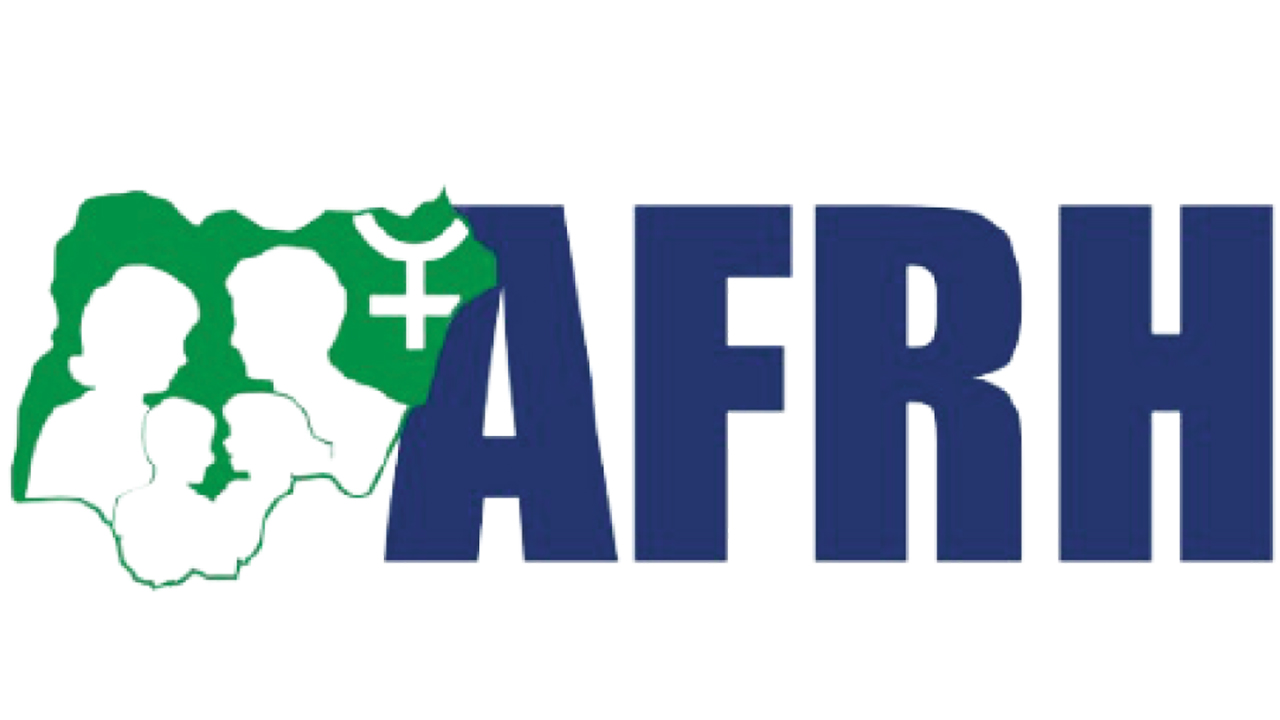The AFRH (AFRH) has called for the establishment of a comprehensive regulatory framework for Assisted Reproductive Technology (ART) practice in the country.
Speaking at the association’s yearly conference of in Abuja, the President, Prof Preyed Fiebai, observed that Nigeria has witnessed a growing demand for ART services due to increasing awareness and social acceptance. He called for ethical standards to protect the rights and health of patients, donors and resulting offspring.
Fiebai emphasised the need for a comprehensive legal framework that ensures clear protocols around surrogacy, sperm donation and genetic testing. He noted that ART offers a pathway to fulfilling the dreams of parenthood for many couples experiencing infertility, especially at this time when fertility rates are declining worldwide.
“Lagos State has established guidelines for ART practice in the state. This needs to be replicated across the country. The National Assembly has made several attempts to pass a law and all stakeholders must collaborate to make this a reality. ART represents hope for millions in Nigeria and beyond.
“We need collaboration between medical professionals’ governments, researchers, and communities. Ethical guidelines and remarkable advances have emerged from countries at the forefront of ART. Robust frameworks for ART practices, research and regulation have been established,” he said.
The AFRH president stated that advancements in fertility preservation, precision medicine and personalised treatments have resulted from investment in research and technology, adding that the association’s promise of ART can only be realised if they engage in partnerships that allow best practices in the country.
Fiebai said that there has been commendable growth in ART services from pioneering clinics in Lagos and Abuja to emerging fertility centres across the country, adding that Nigeria is yet to attain globally competitive standards due to poor reporting of data and the absence of robust regulation.
“Domestication of global best practices can shape the future of ART in Nigeria. Some of these practices include data and success rate transparency; reporting of all treatment cycle data including success rates and adherence to ethical standards.
“Stringent reporting standards are mandatory in countries such as the United Kingdom and the United States of America, adopting similar practices in Nigeria will build trust in the system, as well as allow patients to make informed decisions when seeking treatment,” Fiebai said.
He said the reproductive health specialists in Nigeria must collaborate nationally and with international experts to share knowledge, skills and technological advancements.
He further called for the deployment of Artificial Intelligence (AI) in ART, especially in embryo selection and fertility assessments, which are being explored globally, stressing that by collaborating with global tech companies, Nigerian clinics can harness these innovations, making ART more efficient and effective.
Earlier, the Minister of State for Education, Yusuf Sununu, who emphasised the need to establish a health Bank said, “We must have a bank where we can easily take loans at a single digit. Let us look at what India is doing right; billions of dollars are lost in foreign exchange from people going to access health care out there.”
Sununu highlighted the need for collaboration and a regulatory framework to protect practitioners. He said: “There are some practices that require the Act of National Assembly. We need protection and guidance against certain litigations. Litigations are left at the discretion of judges because there are no enabling laws and most of the time; practitioners are the ones to suffer.”
The Chairman Local Organising Committee (LOC) of the conference, Dr Sunday Onuh, said that the association wants to create a future where fertility challenges are addressed with innovative solutions and compassionate care.




